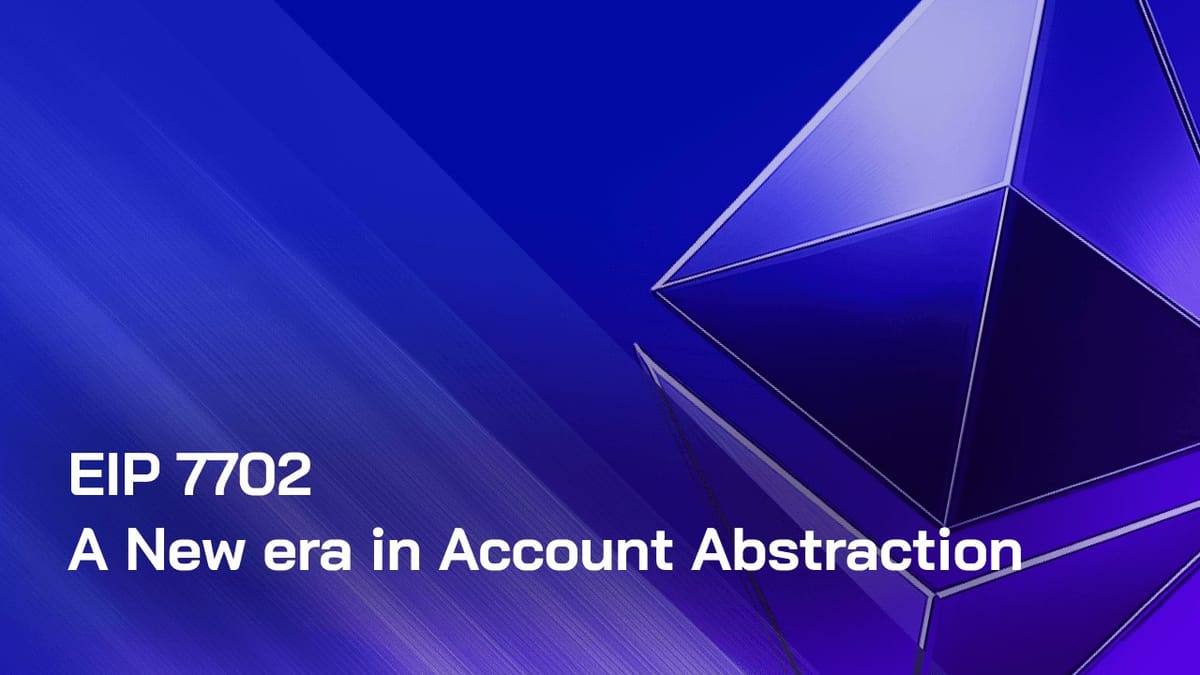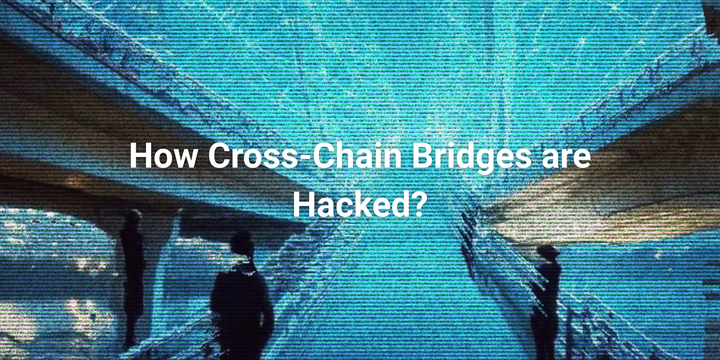EIP-7702: Unlocking Smart Contract Power for Every Ethereum Account

Source: EIP-7702: A New Era in Account Abstraction | QuillAudits
Ethereum’s account model has traditionally split users into two camps: Externally Owned Accounts (EOAs) controlled by private keys, and Smart Contract Accounts running programmable code. This division, while foundational, has limited transaction complexity, user security, and onboarding.
EIP-7702, spearheaded by Vitalik Buterin and the Ethereum core team in May 2024, revolutionizes this by allowing EOAs to temporarily delegate transaction execution to smart contracts, without changing the user’s address or requiring new wallet infrastructure. This new transaction type (0x04) bridges the gap between EOAs and smart contracts, enabling advanced functions like transaction batching, gas sponsorship, and programmable account logic.
Why EIP-7702 Matters
Current EOAs face constraints that reduce Ethereum’s accessibility and UX:
- Single-operation transactions: Multiple steps (e.g., token approval + swap) require separate transactions, increasing friction and fees.
- Gas payment limitations: EOAs must hold ETH, excluding users with other tokens or those desiring flexible gas payment options.
- Security simplicity: EOAs have no built-in recovery, multi-signature, or permission features.
- Difficult onboarding: Seed phrases and wallet setups intimidate new users.
Smart contract wallets offer solutions but introduce high deployment costs, dApp compatibility issues, and ecosystem fragmentation.
EIP-7702 elegantly solves this by letting existing EOAs gain smart contract abilities without deploying new contracts or changing addresses.
How EIP-7702 Works: The Delegation Model
- EOAs create authorization tuples, cryptographically signed data points specifying the delegate smart contract.
- Transactions adopt a new Type 4 format with an authorization list of these tuples.
- When processed, the EVM writes a special delegation indicator (opcode 0xef0100 + delegate address) to the EOA’s code field.
- Subsequent calls to the EOA execute code at the delegated contract, while preserving the original sender’s identity (
msg.sender).
Key Features & Use Cases
- Batching: Combine multiple actions into one atomic transaction.
- Gas Sponsorship: Allow third parties or non-ETH tokens to pay transaction fees.
- Permission Systems: Implement role-based sub-keys.
- Social Recovery: Support guardians, MFA, or delays for account recovery.
- Session Keys & Automation: Enable temporary keys for trusted operations.
Security Considerations
- Delegate contracts must handle nonce, gas, and call parameters securely to avoid replay or griefing attacks.
- Initialization risks require strict signature validation to prevent front-running.
- Storage layout changes during delegation switches can cause conflicts; structured patterns (e.g., ERC-7201) help mitigate this.
- Reliance on
tx.originis discouraged due to delegation context. - Relayers face risks from malicious transaction revocations; bonding or reputation systems are recommended.
- Transaction management must account for transactional conflicts in delegated EOAs.
Practical Example
A sample ethers.js script demonstrates:
1. Preparing an authorization for delegation.
2. Sending a Type 4 transaction with an authorization list.
3. Verifying updated EOA code.
4. Calling delegated contract functions through the original EOA.
Conclusion
EIP-7702 is a major leap forward for Ethereum accounts, blending EOAs’ simplicity with smart contract flexibility. It enhances transaction efficiency, gas payment options, and security without disrupting the existing ecosystem.
Developers and founders should prepare for this paradigm shift and ensure their protocols and wallets support these new capabilities - always prioritizing security by auditing account abstraction implementations.
For those building and securing Web3 projects, QuillAudits offers expert auditing services tailored to these evolving Ethereum features.


